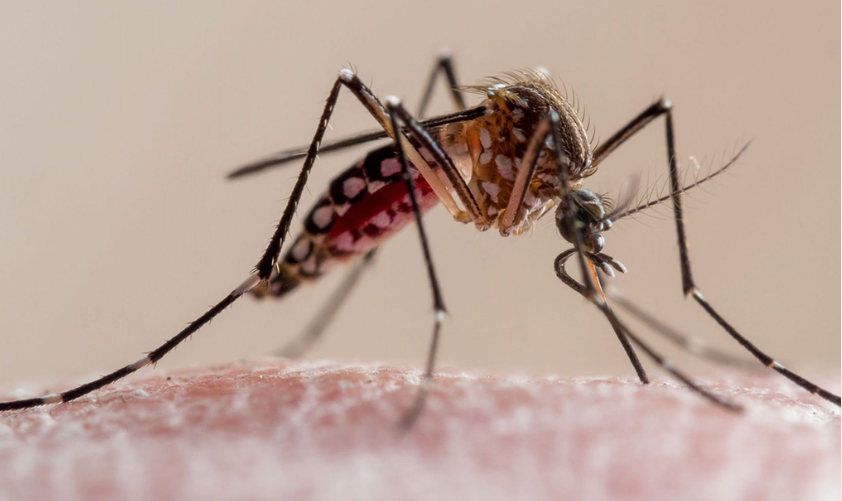Burkina Faso / Fighting malaria: West Africa explores the technologies of the future

Burkina Faso is hosting a regional workshop focused on the use of innovative technologies in the fight against malaria vectors on July 14 and 15, 2025. Organized by AUDA-NEPAD through the African Integrated Vector Management Program, this session brings together several Francophone West African countries, including Benin, Burkina Faso, Côte d’Ivoire, Mali, Niger, Togo, as well as Ghana and Nigeria.
Following a first meeting held in The Gambia with Anglophone states, this second session aims to further involve Francophone regulators in the regulation of innovative vector control tools, including genetically modified mosquitoes using “Gene Drive” technology.
Malaria remains a major scourge in Africa, accounting for over 90% of global cases and 50% of deaths, according to the 2024 World Malaria Report cited by AUDA-NEPAD. The rise of the Anopheles stephensi mosquito, the effects of climate change, and growing resistance to insecticides are complicating traditional control efforts.
At the opening ceremony, Dr. Jonas Kologo, representing the Minister of Research of Burkina Faso, stressed that current control tools are showing their limitations. According to him, innovative approaches are essential: “Gene Drive offers new sustainable prospects, but it requires rigor, ethics, and cross-border cooperation,” he said. He emphasized the need to strengthen national regulatory frameworks and promote regional alignment in the face of vectors that do not respect borders.
Dr. Adjima Combary, representing the Minister of Health, welcomed the initiative, recalling that several strategies are already in place in Burkina Faso, including the free distribution of mosquito nets, destruction of mosquito breeding sites, and more recently, the use of vaccines. He highlighted the “Target Malaria” project, a promising initiative developed by the IRSS, as an innovative technology currently under trial.
Dr. Johnson Wiltshire, representing AUDA-NEPAD, emphasized the importance of a clear regulatory environment that ensures safety for both researchers and the public. For all stakeholders present, this workshop represents an essential step toward a more modern, coordinated, and effective fight against






